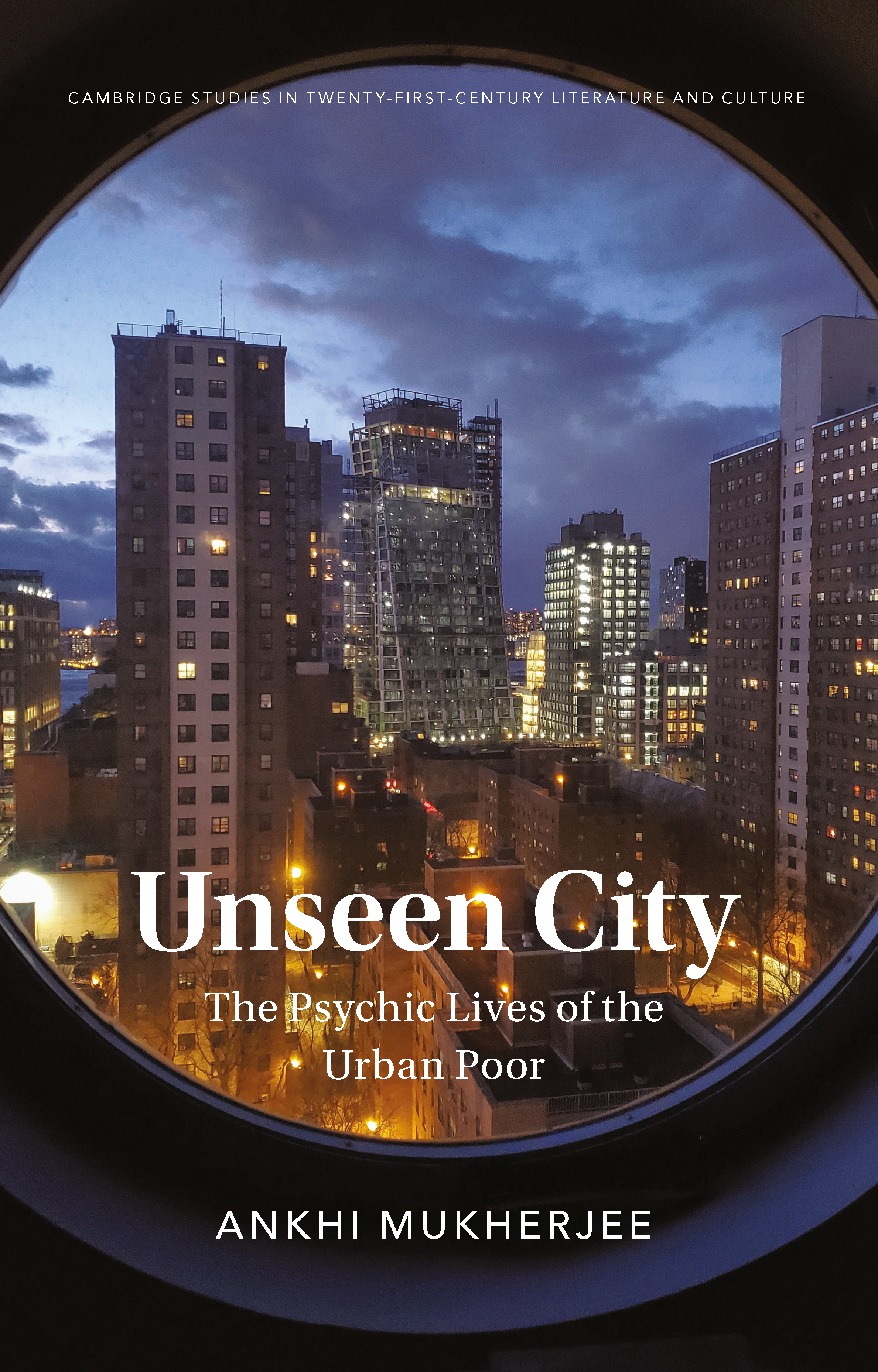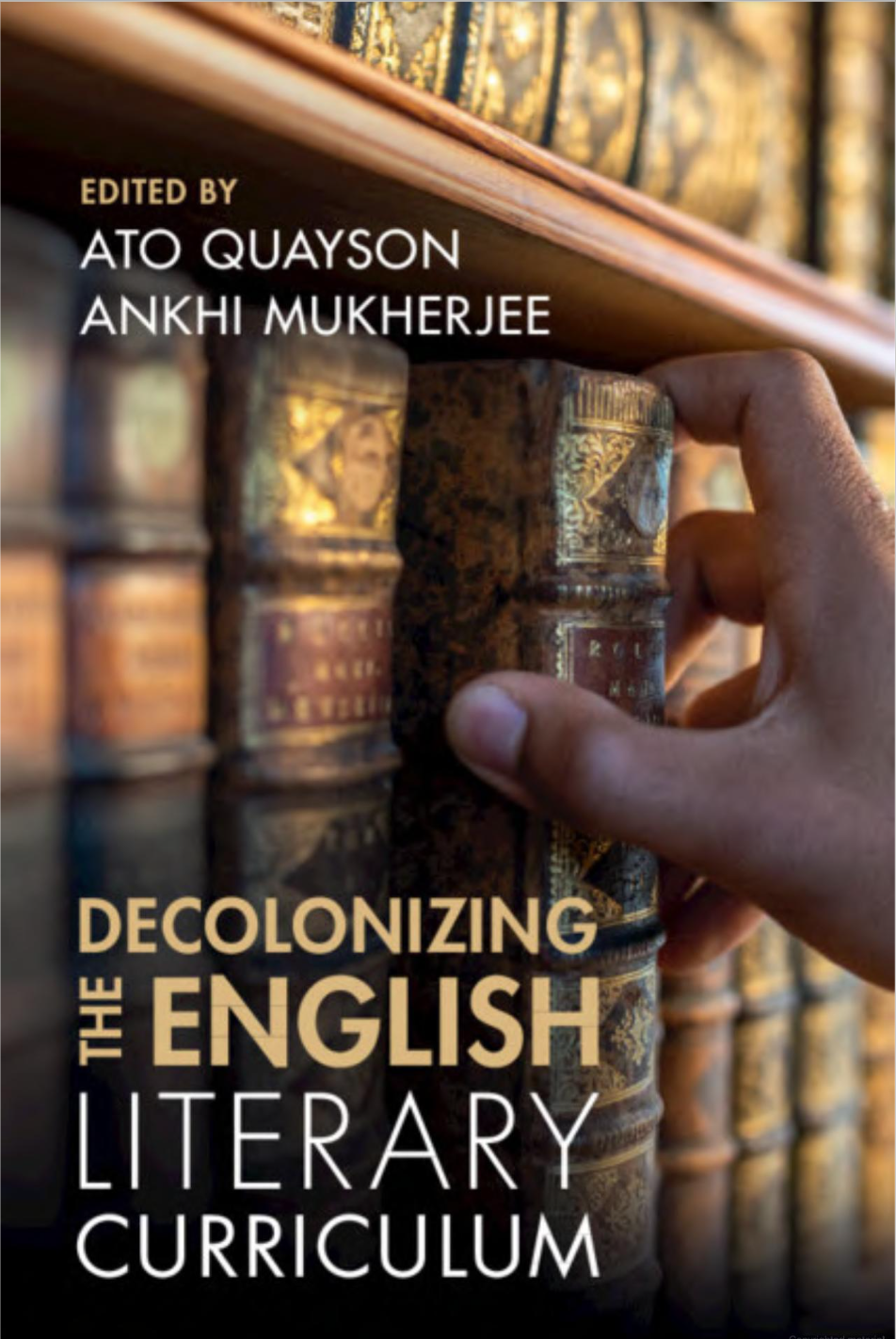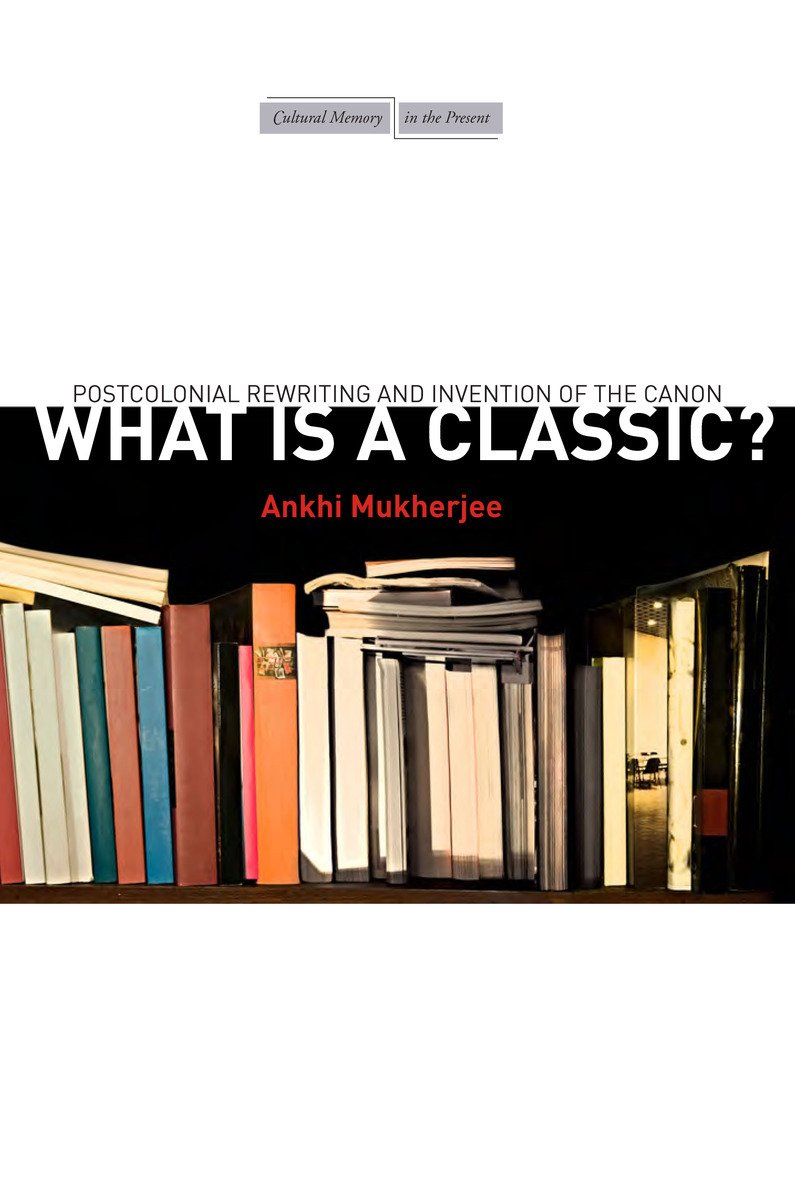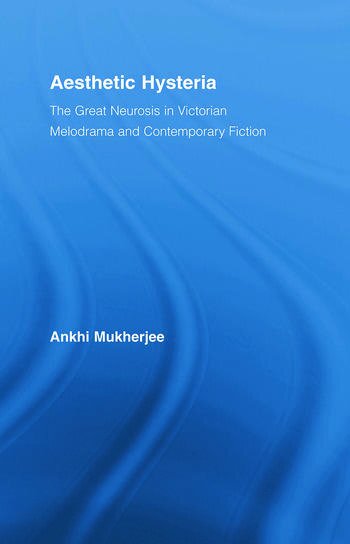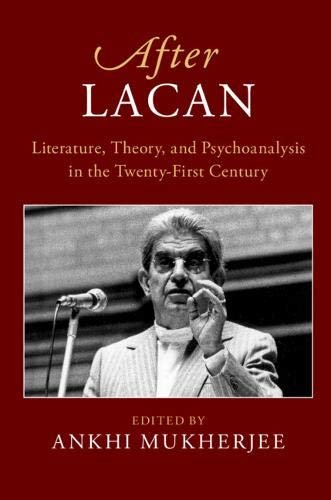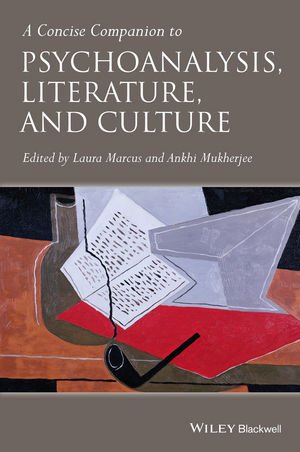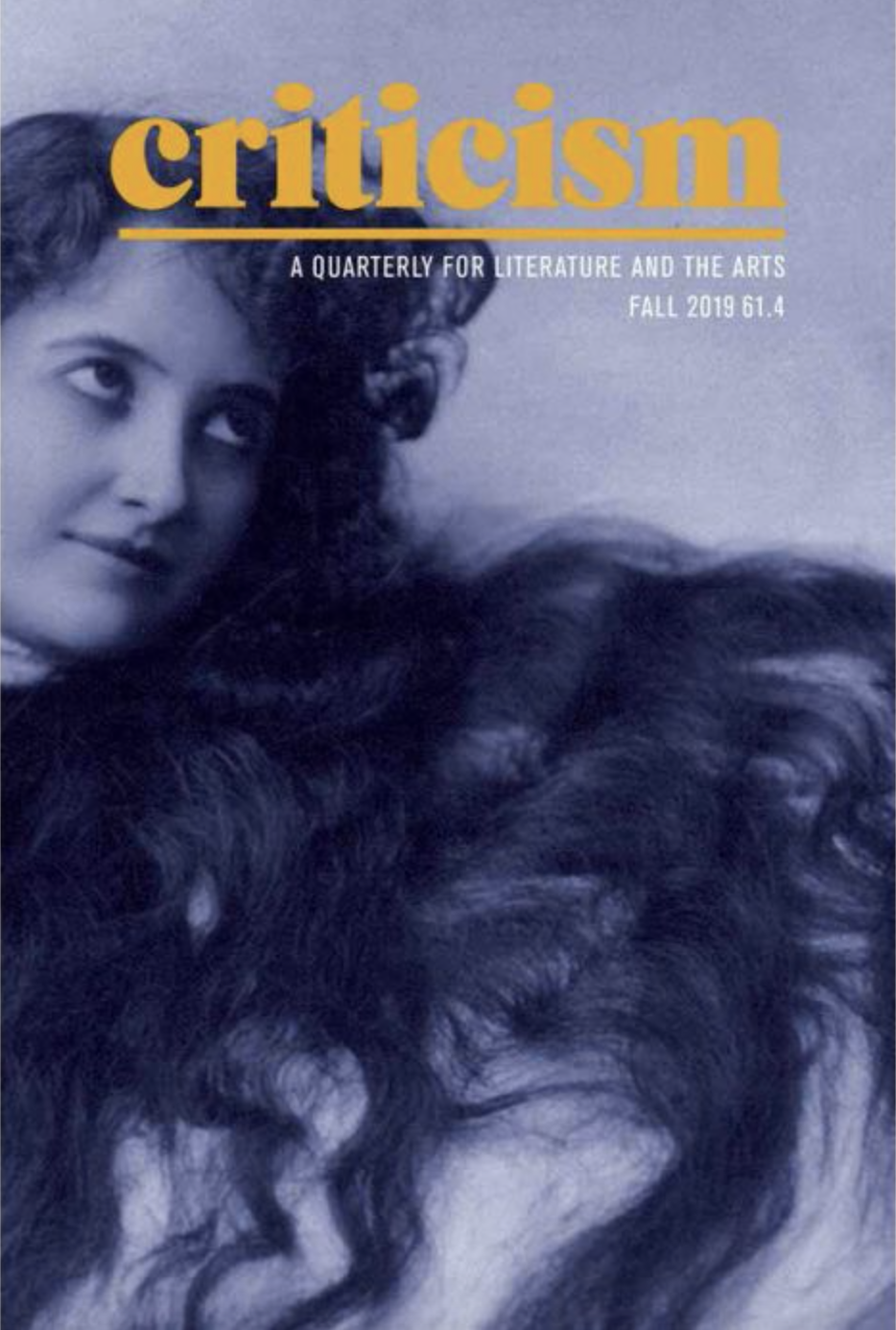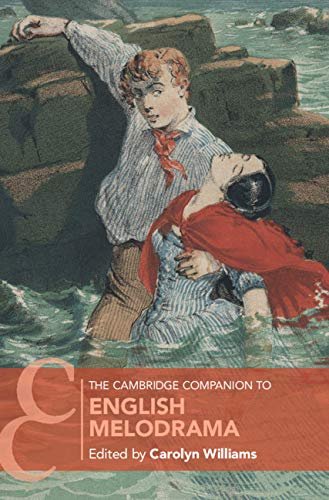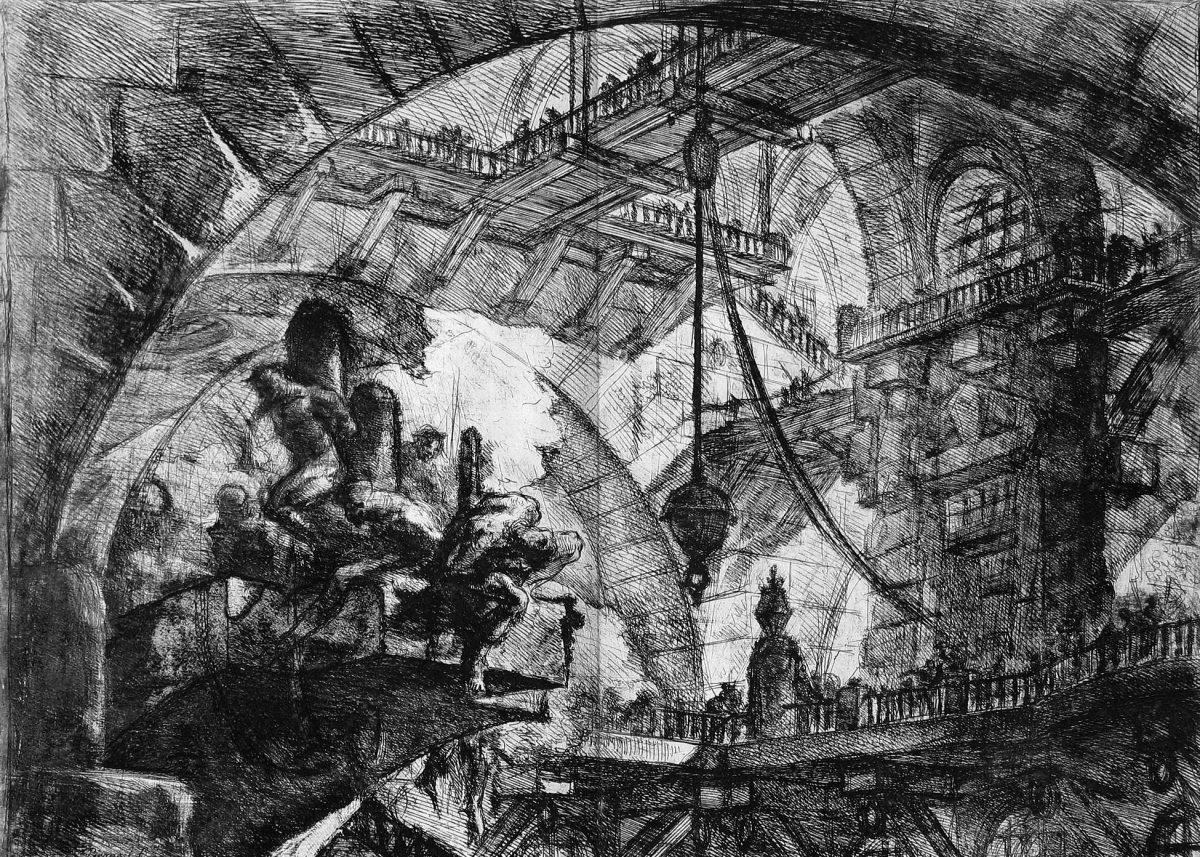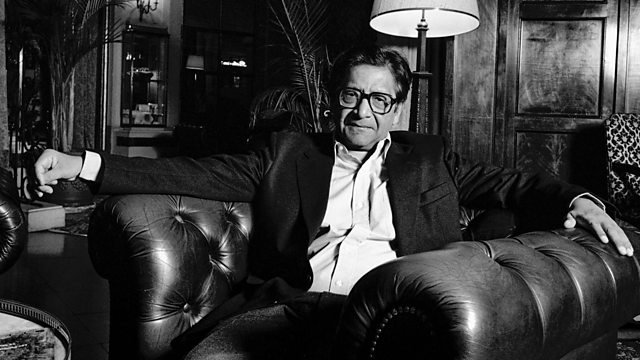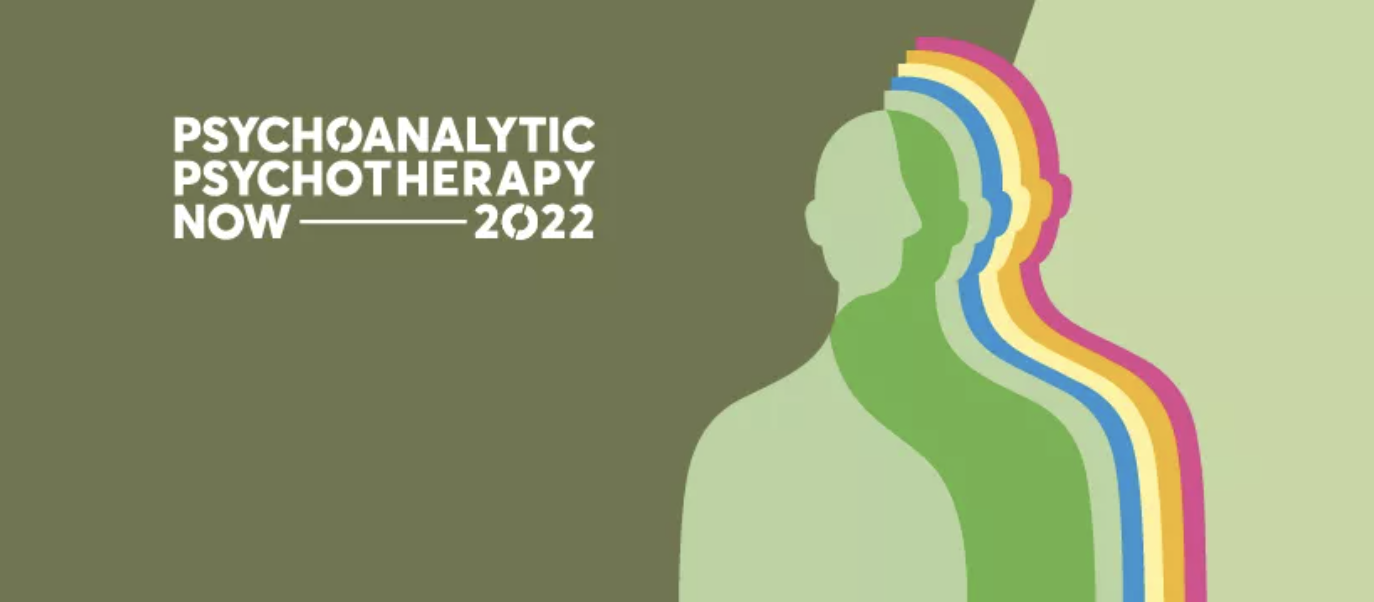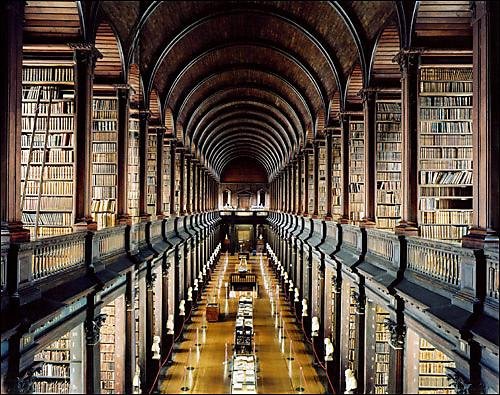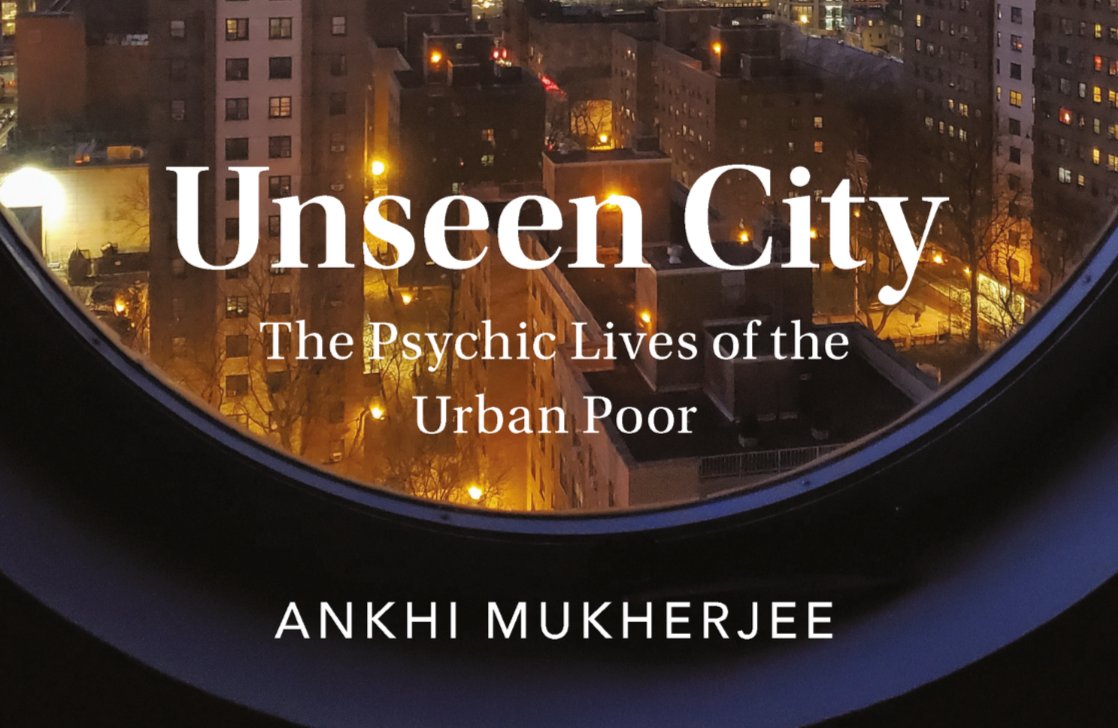Unseen City: The Psychic Lives of the Urban Poor
In Unseen City: The Psychic Lives of the Urban Poor, Ankhi Mukherjee offers a magisterial work of literary and cultural criticism which examines the relationship between global cities, poverty, and psychoanalysis. Spanning three continents, this book explores the causal relationship between precarity and mental health through clinical case studies, the product of extensive collaborations with community psychotherapeutic initiatives in six global cities. These are layered with twentieth- and twenty-first-century works of world literature that explore issues of identity, illness, and death at the intersections of class, race, globalisation, and migrancy. Mukherjee argues that a humanistic and imaginative engagement with the psychic lives of the dispossessed is key to an adapted psychoanalysis for the poor, and that seeking equity of the unconscious is key to poverty alleviation.
Unseen City has won the Robert S. Liebert Award, conferred jointly by the Columbia University Center for Psychoanalytic Training and Research and its affiliated society, the Association for Psychoanalytic Medicine (APM), in recognition of outstanding scholarship in the field of applied psychoanalysis. Mukherjee has delivered the Liebert Award Lecture, attended by Columbia psychoanalysts and the wider NYC psychoanalytic community, at Columbia University on March 7, 2023.
Reviews
“Ankhi Mukherjee’s important new book takes to another stage the vexed question of whether psychoanalysis has a role beyond its privileged place in Western cultures. This is theory as field-work, academic writing that risks itself on the streets. In a series of illuminating case-studies, Unseen City tracks therapy for the poor, the traumatised and the un-homed across the cities of Mumbai, London and New York, from slums to garden therapy, from free clinics to disaster zones. A model of publicly committed intellectual work, the book will become required reading for anyone interested in theory in the post-colony, in how to create a more equitable global distribution of psychoanalytic therapy, and in the role of cultural production in exposing the urgent need to do so.”
Jacqueline Rose, Birkbeck University of London
“Considering resonances among contemporary psychoanalysis, philosophy, literature, and film, Ankhi Mukherjee paints a picture of the world we live in that at once illuminates multiple domains. Mukherjee's chapters encompass what she learned from immersion in the trenches of clinical programs addressing the experiences of homeless and excluded people worldwide, and from the representation of these lives in film and literature, all in the context of philosophically based meaning-making. Whether you are a psychotherapist, an academic, or a culturally aware citizen, Unseen City will augment and transform your experience and understanding of the societies we live in, inclusive of its lives at their margins.”
Neil Altman, author of The Analyst in the Inner City
“Unseen City is an extraordinary, brilliant, and important book that re-draws the lines between literature, psychoanalysis, post and anti-colonialism, and activism in bold and urgent ways. Boldly interdisciplinary, theoretically original, Mukherjee's book draws on her acclaimed and formidable critical acumen to produce a fascinating, compelling, and, most strikingly, morally humane argument that insists that we begin with the psychic life of the poor.”
Lyndsey Stonebridge, University of Birmingham
“The pandemic represents a historic opportunity to reimagine the world's health systems by demonstrating the profound limitations of a narrow, biomedical framing of what is, ultimately, a social crisis. Surely, this is a metaphor for mental health, whose importance has never been more central or widely acknowledged. Unseen City, at the interface of diverse disciplinary perspectives, and grounded in the lived experiences of diverse actors in three countries, offers insights into exactly what such a reimagined mental health care system might, and should, look like in the future.”
Vikram Patel, Harvard Medical School
“Ankhi Mukherjee's Unseen City . . . will appeal not only to scholars and academics, but to anyone who is interested in mental health treatment, racial and economic justice, and the ways in which global capital and mass migration are transforming our cities and the lives of some of their most numerous, albeit largely unseen, residents. Mukherjee is a wonderful writer, whose precise and evocative language and strong voice make for a reading experience that is consistently engaging, even gripping at times. Her chapters often have a cinematic feeling, moving effortlessly between the big scale of the urban landscape and highly focalized narratives involving the experiences of individual residents and the small clinics and caregivers who try to tend to their needs.”
Tracy McNulty, Cornell University
“Ankhi Mukherjee’s Unseen City, which has quickly and deservingly become one of the most publicly discussed works of academic scholarship this year, reopens [the] question of access from the perspective of a demographic with which psychoanalysis has historically had an exclusionary relationship: the ‘urban poor’, here additionally encompassing asylum-seekers, migrants, and exiles fleeing warfare and political persecution, from six megacities across the world.”
Jivitesh Vashisht, A Year’s Work in Critical and Cultural Theory
“Mukherjee wants to show the relationship between our inability to imagine the psychic lives of the poor and the lack of treatment available for them. Where treatment does exist for the poor in India (if not in the slums themselves), it is under nonideal conditions which make traditional analysis difficult. At National Institute of Mental Health and Neurosciences (NIMHANS), one of India’s foremost public sector mental hospitals in Bangalore, and its adjacent clinic, the Samadhana Counselling Centre, treatment is short, sometimes lasting for just two or three sessions. The impetus is directed toward finding pragmatic, workable, patient-focused, and outcome-oriented solutions.
“Mukherjee shows how these ambulatory, unorthodox methods of analysis are a pragmatic compromise which analysts, practicing under ideal conditions in the West, are all too quick to dismiss. The desire to sanitize the image of analysis has the effect of relegating the poor, Mukherjee observes, to the unconscious. The best way to ensure that psychoanalysis is politically accountable might, then, be a situation where psychoanalysis — understood in its most orthodox sense — undergoes considerable revision.”
Jess Cotton, Jacobin
“One of the many revelations to be found in this erudite, brilliant book is that to remain relevant under conditions of global precarity, psychoanalysis must itself be unhomed and rendered uncanny, estranged from its origins and remade from below.”
Tanya Agathocleous, Journal of Postcolonial Writing
“Mukherjee stresses the value of credible artistic portrayals of urban poverty as a counterweight to more romantic ones, as we have seen, for example, with Danny Boyle's film “Slumdog Millionaire” (2008). She believes literature has the potential to help the poor and propertyless see clearly through all kinds of seductive illusions and cast a clear eye on their surroundings. Literature can, as Freud argued, at its best be an invaluable complement to psychoanalysis.”
Fredrick Giertsen, Aftenposten Innsikt (Norway)
“There is much to learn from Unseen City; a text that reveals more from repeated readings, and more than is summarised here. . . . Mukherjee’s method invites the analogy of psychotherapy as an interdisciplinary practice with the lived, embodied knowledge of the patient meeting, as well as the person of the therapist, psychoanalysis as a body of knowledge. From my own practice, I can recognise times when an unthinking certainty descends, akin to a colonial attitude, and I hear a patient’s discourse as nothing more than an example of this or that psychoanalytic concept. This is typically a psychic dead end, where listening and negative capability fails. The other side of this though is the powerful revelatory experience that meaningful interpretation can provide, enabling us to more fully know ourselves and showing, as Mukherjee does, the need for a continued investment in the psychoanalytic contribution.”
Adam Flintoff, Psychoanalytic Psychotherapy
“Beautifully written, academically pathbreaking and ethically clarifying, Unseen City foregrounds the voices of the voiceless and the experiences of the excluded, forging a new conjunction at the intersection between postcolonial cultural studies, empirical fieldwork, literary studies and politically engaged, philosophically refined psychoanalytic criticism. It is, furthermore, a work that speaks to one of the major global public health crises of our times: the ongoing mental health catastrophe. Breathing new life into arguments for the urgent necessity of the inclusion of humanities-informed psychosocial research into the global mental health epidemic, Mukherjee points us towards what a more humane and intellectually sophisticated response to this epidemic might look like. Let us hope that where she has shown the way, others will soon follow.”
Barry Watt, Psychoanalysis and History
Photo Credit: John Cairns
Ankhi Mukherjee was born in Kolkata, educated in India and the US, and earned her PhD from Rutgers University. She is Professor of English and World Literatures at the University of Oxford and Fellow in English at Wadham College. Her teaching and research specialisms lie in Victorian literature and culture, postcolonial studies, and intellectual history, in particular the history of psychology and psychoanalysis.
Ankhi’s publications have a vast and variegated range, from Victorian melodrama to postcolonial and world literature, to psychoanalysis in an international frame, and experiments in dreaming in nineteenth-century English and Anglophone literatures. Her research has been supported by the British Academy, the Arts and Humanities Research Council (UK), the Wellcome Trust, and the John Fell Fund (Oxford). Her second book, What Is a Classic? won the British Academy’s Rose Mary Crawshay Prize in English Literature in 2015.
Ankhi sits on the editorial board of leading peer-reviewed journals, including The Cambridge Journal of Postcolonial Literary Inquiry, Contemporary Literature, English Literary History (ELH), and Paragraph. She has given keynote lectures around the world at universities and conferences in Australia, Europe, Hong Kong, India, and the US. She was John Hinkley (Visiting) Professor at Johns Hopkins University and a Visiting Fellow at the Humanities Research Centre, Australian National University.
Ankhi was invited faculty at the Institute For World Literature at Harvard University in July 2023, and will also be teaching at IWL 2024, hosted by the University of Cyprus.
Decolonizing the English Literary Curriculum, a collaborative volume with 27 contributors Ankhi has co-edited with Ato Quayson (Stanford University), was published in 2023. It is an Open Access book, free to download in perpetuity.
She is currently writing A Very Short Introduction to Postcolonial Literature, forthcoming with Oxford University Press.
Books
Decolonizing the English Literary Curriculum
What is a Classic? Postcolonial Rewriting and Invention of the Canon
Aesthetic Hysteria: The Great Neurosis in Victorian Melodrama and Contemporary Fiction
After Lacan: Literature, Theory, and Psychoanalysis in the Twenty-First Century
A Concise Companion to Psychoanalysis, Literature, and Culture
Articles and Book Chapters (Selected)
“On Antigone’s Suffering,” Special Issue “On Suffering,” The Cambridge Journal of Postcolonial Literary Inquiry 8.2 (April 2021)
“To Write Like a Dream: Nineteenth-Century Legacies,” Special Issue “Theories of the Nineteenth Century” ed. Anna Kornbluh and Zach Samalin, Criticism: A Quarterly for Literature and the Arts 61.4 (Fall 2019)
“Nautical Melodrama,” The Cambridge Companion to English Melodrama ed. Carolyn Williams, Cambridge UP, 2018
“Creole Modernisms,” Affirmations: of the Modern 2.1 (2015)
“The Death of the Novel and Two Postcolonial Writers,” Modern Language Quarterly 69.4 (December 2008)
Selected Essays
“A Labyrinth for Our Time,” Public Books
“The Indian Diaspora,” Scroll.in
“Affect and Hysteria,” The Hysterical Material, Smart Museum of Art, Chicago
“Really Unreal,” Public Books
“New theatrical adaptation of Great Expectations set in Partition-era Bengal,” The Conversation
Media
TORCH “Book at Lunchtime,” a panel discussion on Unseen City with Sally Shuttleworth and Josh Cohen, at TORCH, the Oxford Research Centre for the Humanities
Cambridge University Press online book launch of Unseen City with Neil Altman, Peter Boxall, Ranjana Khanna, and Ato Quayson.
Wadham College online book launch of Unseen City with Natalya Din-Kariuki and David Russell
Book launch of Unseen City in India, hosted by The Banyan, Chennai
Lisa Jardine Annual English Lecture 2020, “Open, Closed, Interrupted City”
A microdocumentary on Unseen City: The Psychic Lives of the Urban Poor for the app and website ‘EXPeditions’
“The Trouble with Naipaul”: BBC Four Documentary (2019)
“The Psychic Life of the Poor,” video presented by Wadham College, University of Oxford (2018)
Ankhi Mukherjee in conversation with psychiatrist Dr Jai Ranjan Ram and Professor Supriya Chaudhuri at a book panel on Unseen City at the Kolkata Literary Meet (January 2023)
Ankhi Mukherjee in conversation with novelist Chitra Banerjee Divakaruni on her novel Independence at the Kolkata Literary Meet (January 2023)
Events
Plenary Lecture, "The Green Clinic: Sohbet in St. Mary's Secret Garden," 12 November, 2022
Unseen City: in Conversation with Ian Robertson
Panel discussion on Unseen City with Josh Cohen, Sloan Mahone, Dany Nobus, Ahmet Caglar and Tim Kent
